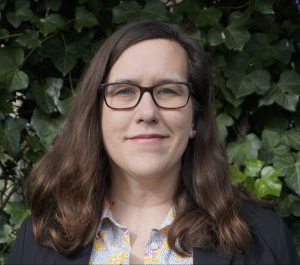Too Soon to Say: International Criminal Law’s Role in the Conflict in Ukraine
 Michelle Coleman is a Lecturer in Law at Swansea University.
Michelle Coleman is a Lecturer in Law at Swansea University.
On 24 February 2022, Russia launched a widescale invasion of Ukraine resulting in an ongoing armed conflict. Since that date, numerous sources have been quick to call for the investigation and possible prosecution of international crimes arising out of the conflict. These calls to action open questions about whether international criminal law is an appropriate tool during armed conflict and what investigation and prosecution might be able to accomplish.
International Criminal Law is a legal system designed to prosecute international crimes. General categories of international crimes include aggression, genocide, war crimes, and crimes against humanity. These crimes are defined by customary law and the International Criminal Court, although the specific range of international crimes available can vary and depends on the particular jurisdiction that is engaging in the prosecution. Russia has already been publicly accused of aggression for their invasion; however, this alleged crime is unlikely to be prosecuted due to jurisdiction issues. Beyond the possibility of aggression as an initial potential crime, other international crimes may or may not be committed during the conflict. The existence of armed conflict is not by itself a crime.
